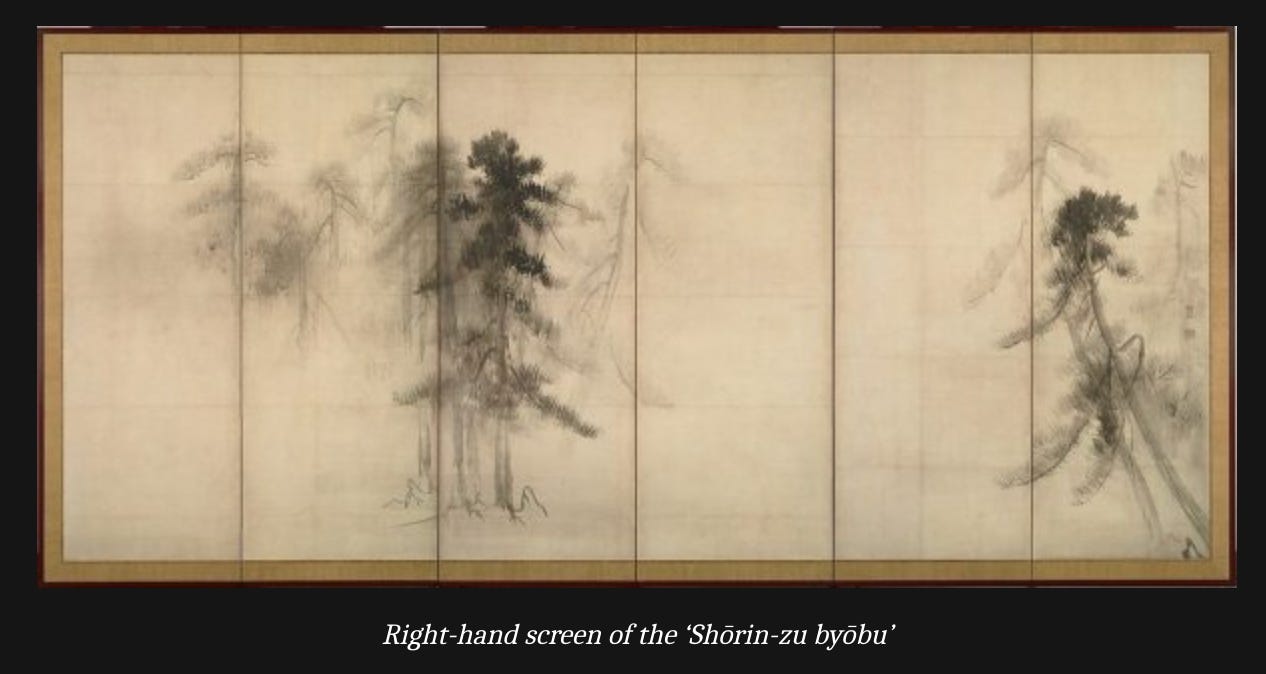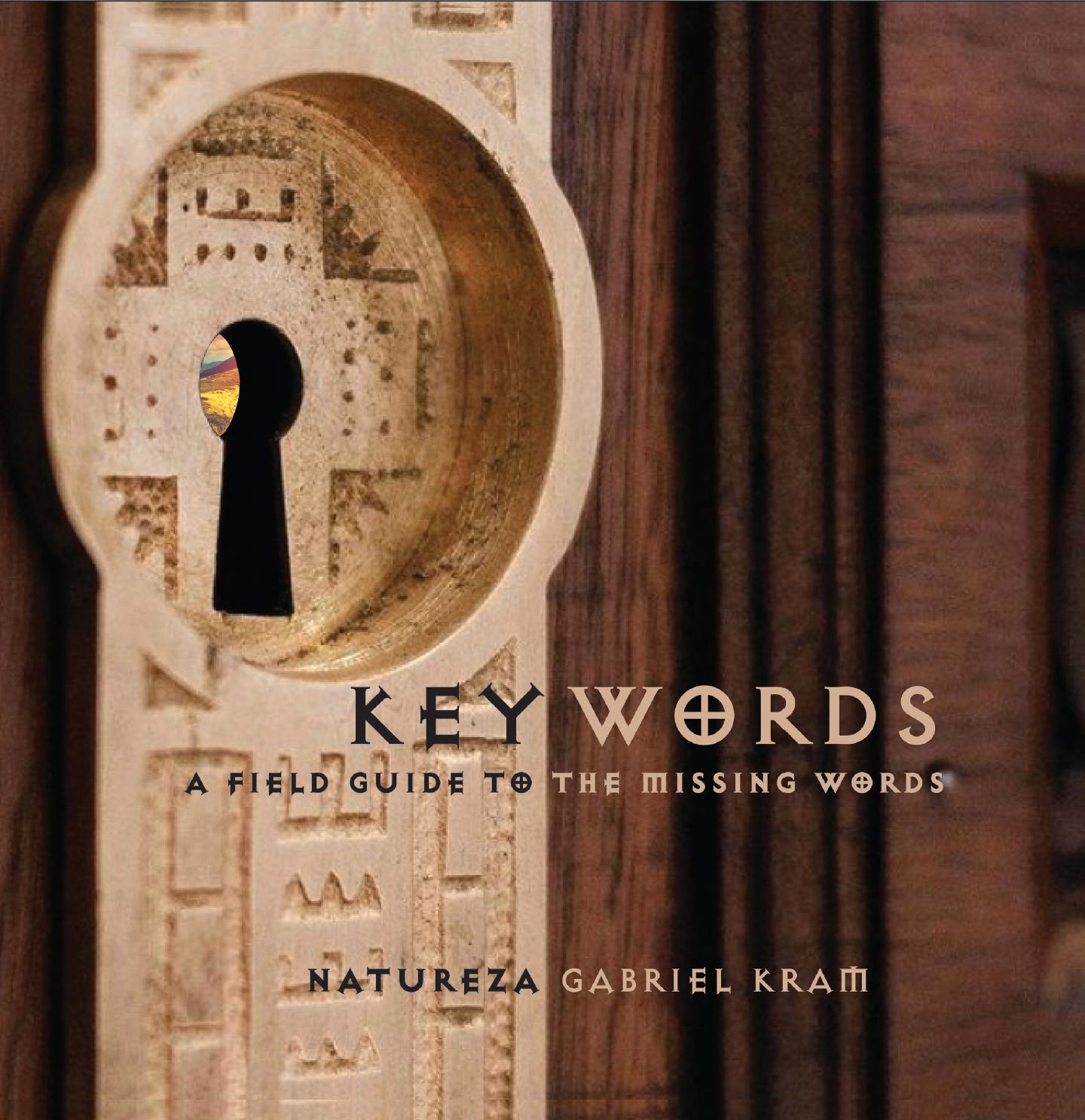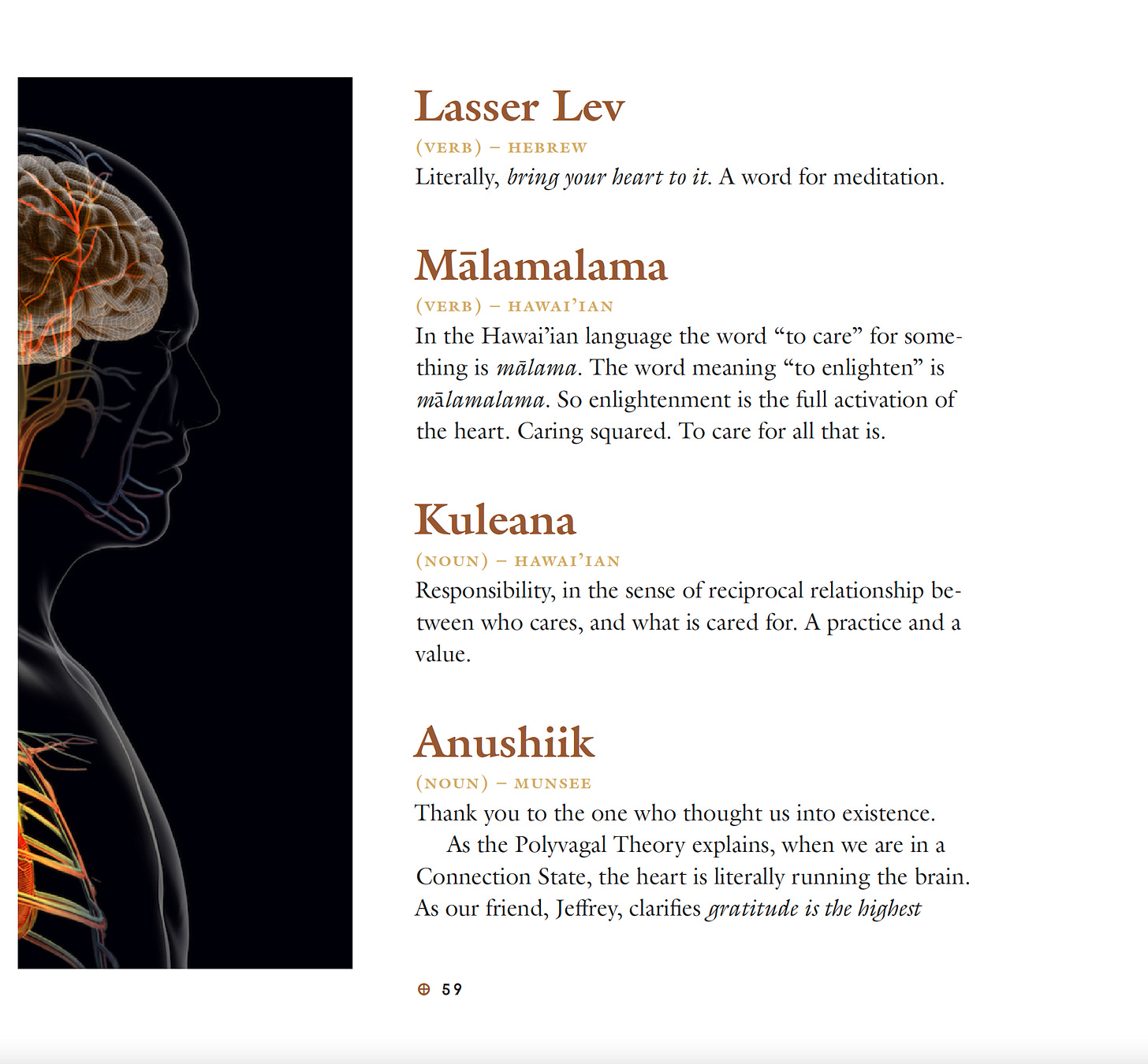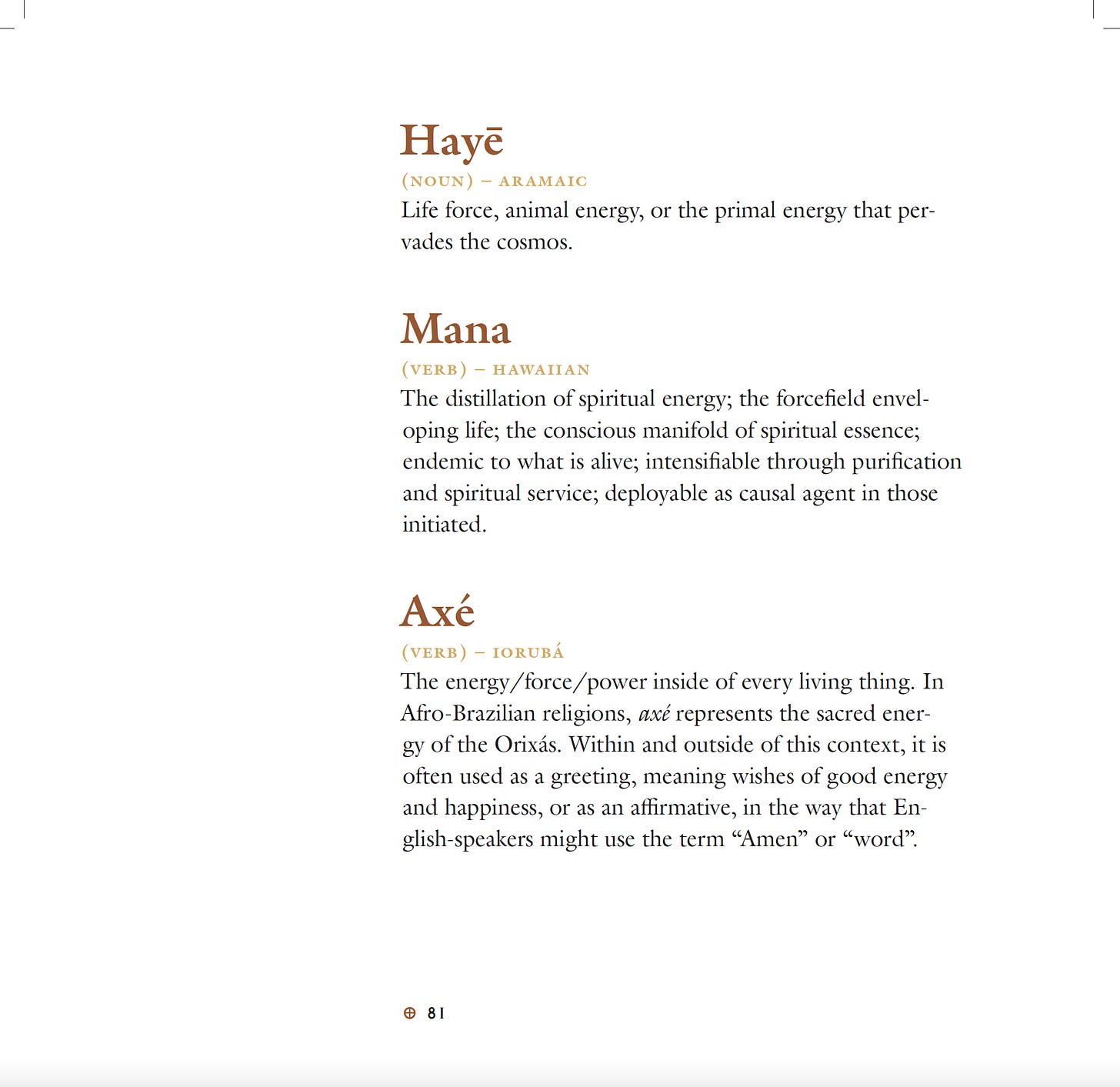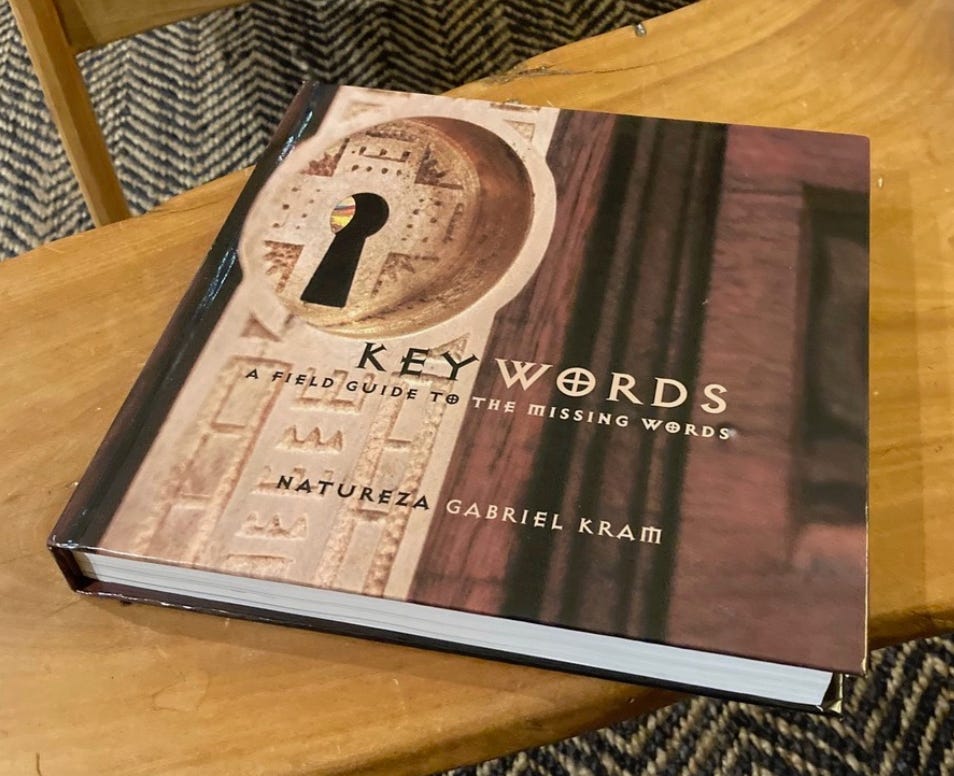All the Words We Cannot Say
I attended the Stanford University Creative Writing program shortly after the departure of Anthony Doerr, who published the novel All the Light We Cannot See in 2014. Doerr is an astonishing write, and I love the title. I remember becoming breathless and nearly dizzy with the vividness of Doerr’s descriptions in his short story The Hunter’s Wife, from his collection of short stories, The Shell Collector.
There are times when I have thought about the autonomic physiology of shutdown as All the Pain We Cannot Feel.
I am fascinated with absence. Negative space. What is missing. Because absence is also what defines presence: from the Tao te Ching, Lao Tzu, Verse 11:
Translation 1 – By Heinz Insu Fenkl
Thirty spokes share a central hub;
It is the hole that makes the wheel useful.
Mix water and clay into a vessel;
Its emptiness is what makes it useful.
Cut doors and windows for a room;
Their emptiness is what makes them useful.
Therefore consider: advantage comes from having things
And usefulness from having nothing.
Translation 2 – By D.C.Lau
Thirty spokes join at one hub;
emptiness makes the cart useful.
Cast clay into a pot;
the emptiness inside makes it useful.
Cut doors and windows to make a room;
emptiness makes the room useful.
Thus being is beneficial,
but usefulness comes from the void.
Translation 3 – By Ralph Alan Dale
We join thirty spokes
to the hub of a wheel,
yet it’s the center hole
that drives the chariot.
We shape clay
to birth a vessel,
yet it’s the hollow within
that makes it useful.
We chisel doors and windows
to construct a room,
yet it’s the inner space
that makes it livable.
Thus do we
create what is
to use what is not.
(notice the empty space…)
In 2023 I published a sleeper of a book called Keywords: A Field Guide to the Missing Words.
It was in the wake of the publication of Restorative Practices of Wellbeing. We had spent $57,000 bringing that book into the world, when the design, editing, proofreading, printing, and publicity were done. I had hired book designer extraordinaire Kevin Barret Kane to do the layout, and he had created a book with me about which one of its first readers enthused, “This is literally the most beautiful book I have EVER seen.”
With Restorative Practices of Wellbeing, prior to doing an offset printing of the book, we had printed two hundred copies on demand. These had sold out, I had printed another two hundred, and those had sold out. At that point, we moved to an offset printing.
But there was almost no demand for Keywords. I think our initial preorders amounted to 65 books. And then nothing. I remember being confused by this, but my wife was like, Gabriel, this book is not aligned with what Hearth Science is known for. And this is true.
Over the years, it has sold copies quietly, never too many. But the people who have bought it from us talk about it. They keep it around. Because it is extremely useful. It is, essentially, a dictionary of things that you cannot say in English.
By the time I published it, I had been collecting missing words for 26 years. I believe that the book spans 46 languages, permitting you to say many things for which the words do not exist in English. Expanding, therefore, your map of language. If, as Wittgenstein says, The limits of my language are the limits of my world, Keywords is one way to make your world bigger.
Here is a little video we made about the book:
It is $5 off through November 15. Hardcover, 283 pages, 100+ illustrations, a conversation piece for your coffee table.



